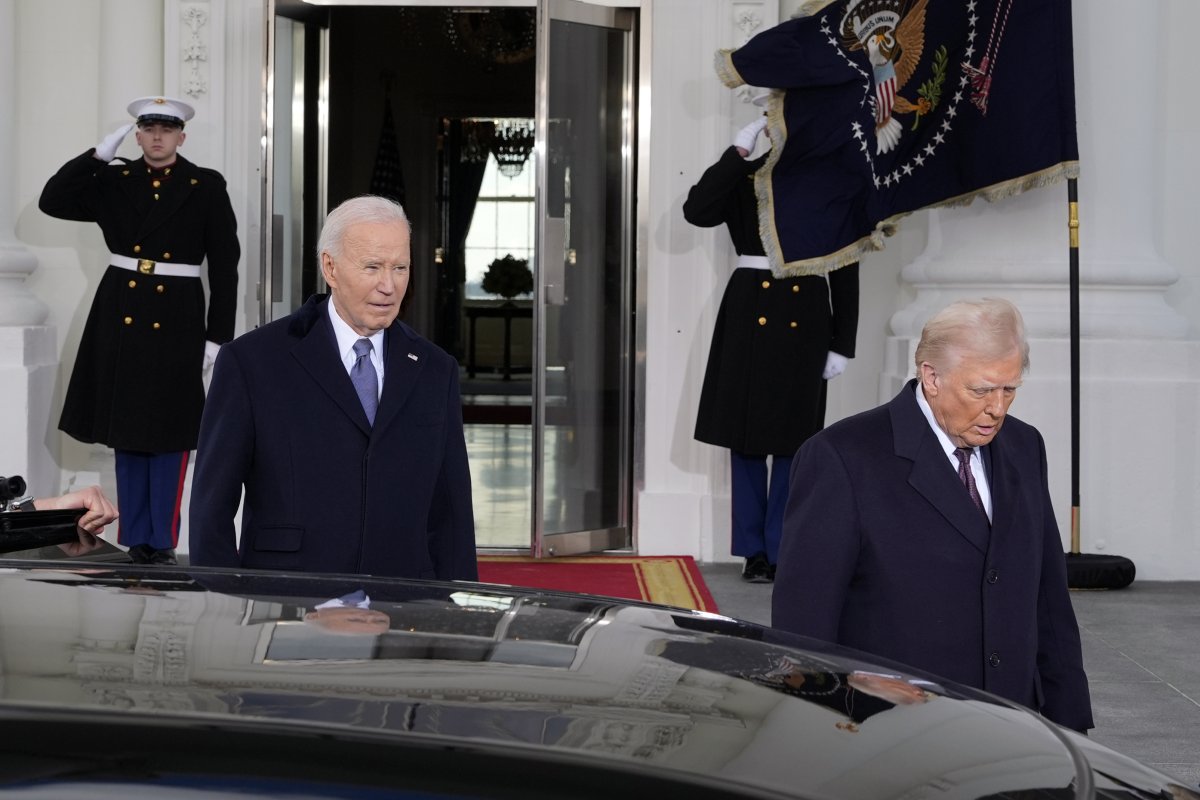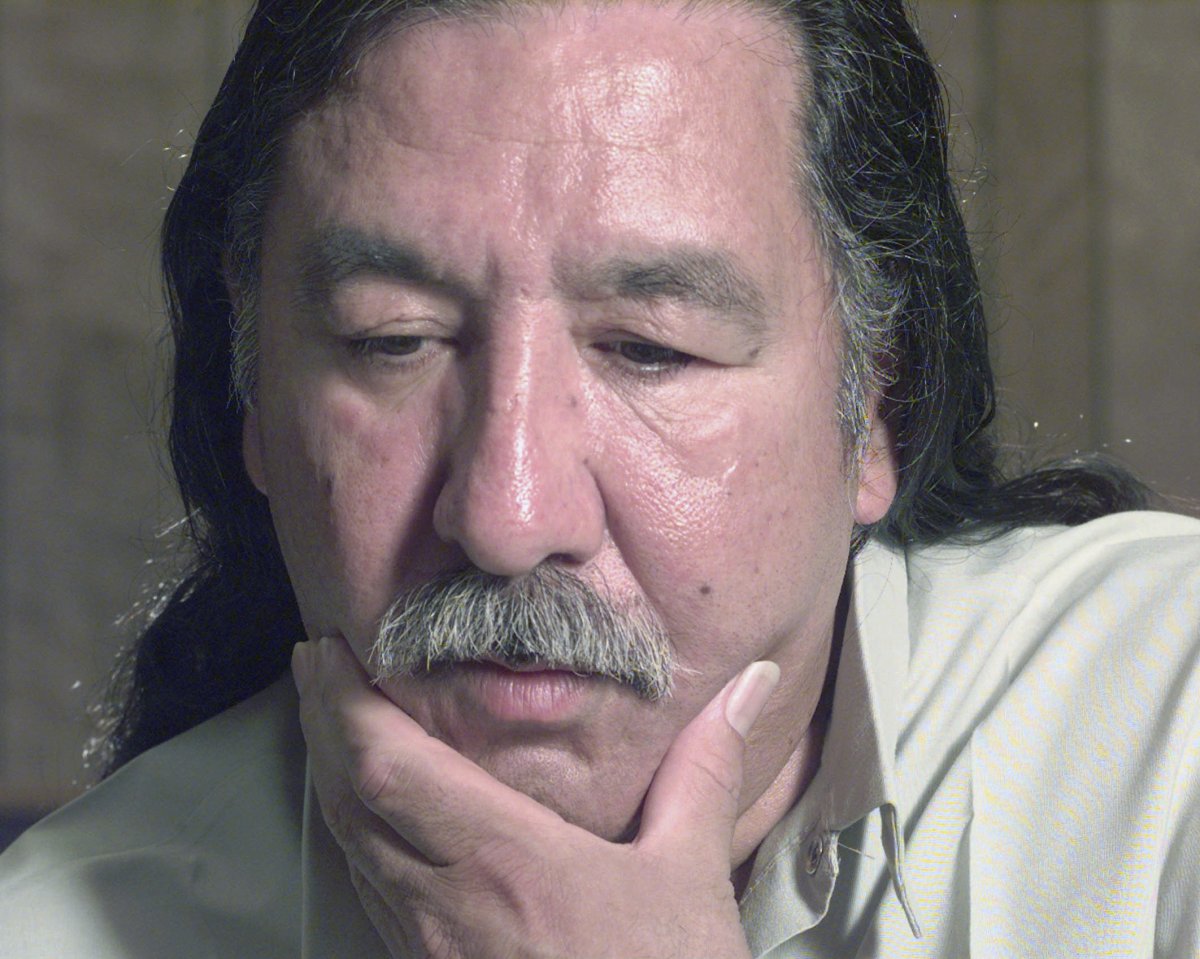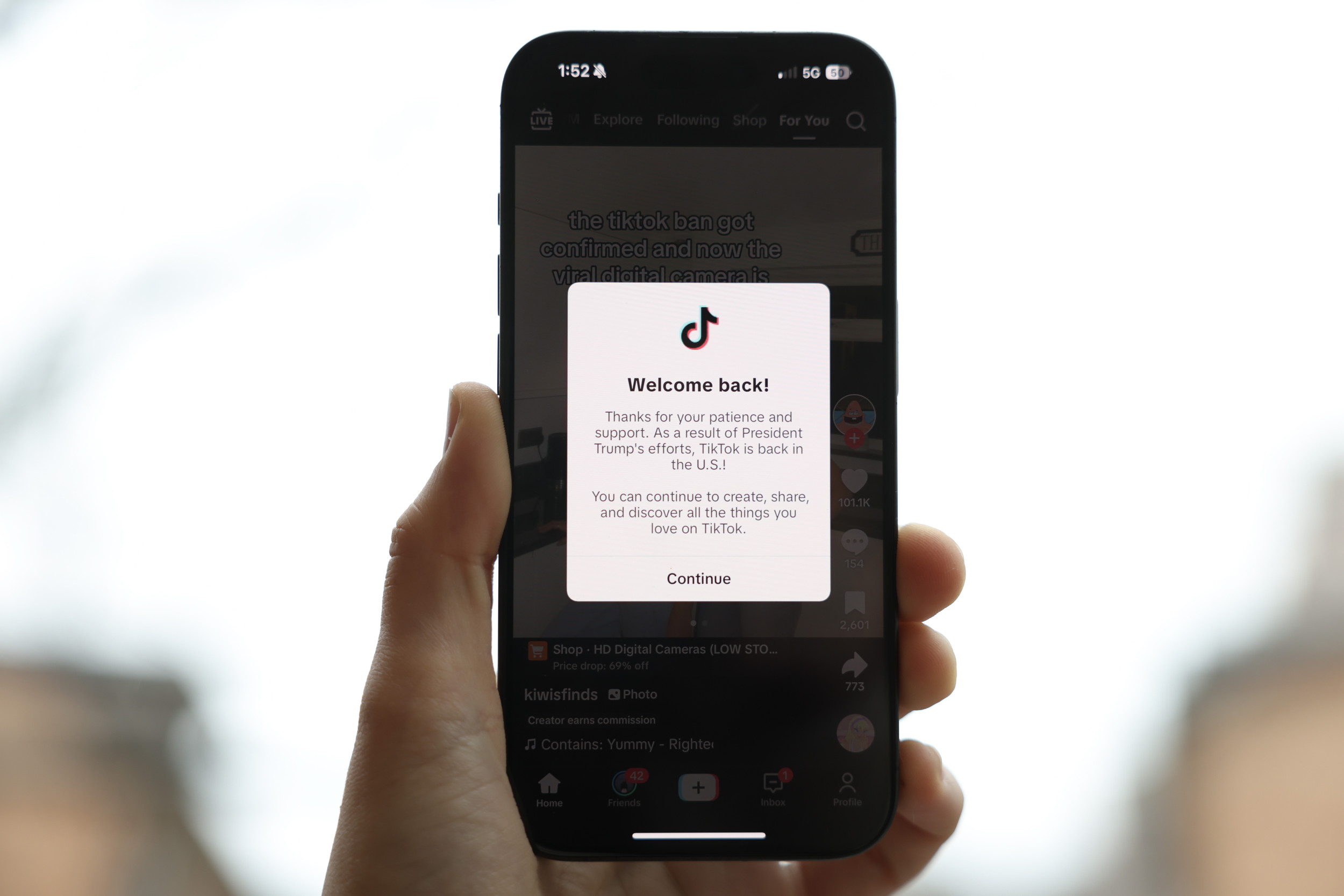In a final act of clemency on Monday, President Joe Biden commuted the life sentence of an Indigenous activist convicted in the 1975 killings of two FBI agents.
Leonard Peltier, who was serving a life sentence for the deaths of FBI agents Jack Coler and Ronald Williams during a standoff at the Pine Ridge Indian Reservation in South Dakota, will now move to home confinement.
Newsweek contacted Peltier's representative by email on Monday, requesting a response to Biden's decision.
Why It Matters
The decision to commute Peltier's sentence, made just hours before Biden left office, marks a significant moment in the decades-long fight for the activist's freedom, which has become emblematic of the broader struggles for Indigenous rights in the U.S.
His release comes after years of legal battles, including a parole denial in July 2024. He had not been eligible for parole again until 2026.

Why Did Joe Biden Free Leonard Peltier?
Peltier's supporters say that he was wrongfully convicted, with many arguing that evidence against him was fabricated or mishandled. The case remains a rallying point for activists seeking justice for Indigenous peoples and addressing systemic injustices.
Biden's move came as part of his record-setting number of pardons and commutations, including nearly 2,500 individuals convicted of nonviolent drug offenses and several other high-profile cases.
What To Know
Peltier, an enrolled member of the Turtle Mountain Band of Chippewa, was a prominent figure in the American Indian Movement (AIM), which gained national attention in the 1970s for its advocacy of Native American self-determination and resistance to government oppression.

The movement's most famous standoff occurred in 1973 at Wounded Knee on the Pine Ridge reservation, where AIM activists, including Peltier, clashed with federal authorities for 71 days.
The FBI agents' deaths occurred on June 26, 1975, after they went to serve arrest warrants related to ongoing tensions over Native American treaty rights. Peltier was later convicted of the killings, despite claims from his defense team that the prosecution's case was built on fabricated evidence.
Why Has Leonard Peltier's Case Garnered International Attention?
Two other AIM members, Robert Robideau and Dino Butler, were acquitted of the same charges in separate trials.
Peltier fled to Canada after the incident but was eventually extradited to the U.S. and convicted of two counts of first-degree murder in 1977.
His case has since garnered international attention, with advocates citing the trial's numerous irregularities, including allegations of racial bias, withheld evidence and the lack of a fair trial.
Biden's decision to commute Peltier's sentence has been met with a mix of praise and criticism. For many, Peltier's release is a long-overdue act of justice, particularly for Indigenous communities that see his case as emblematic of a broader history of systemic injustice.
However, the FBI and some law enforcement groups have voiced opposition, maintaining that Peltier's conviction was just and that he remains guilty of the crime.
What People Are Saying
Joe Biden said in a statement that the decision to commute Peltier's sentence was part of his broader efforts to address the injustices of the past.
He said: "Leonard Peltier will now have the opportunity to spend his remaining years with family and loved ones."
What Happens Now
In the years since his conviction, Peltier's story has become one of the most enduring symbols of Indigenous resistance and the fight for justice in the U.S. His case continues to generate debate about the intersection of race, justice and the U.S. legal system.
This article contains additional reporting from the Associated Press.




















 English (US) ·
English (US) ·